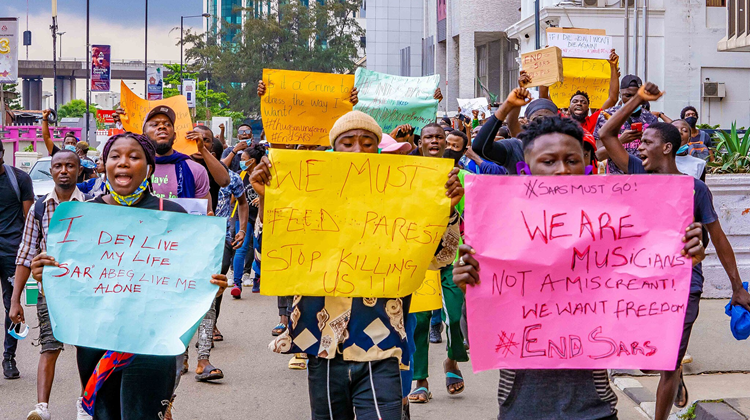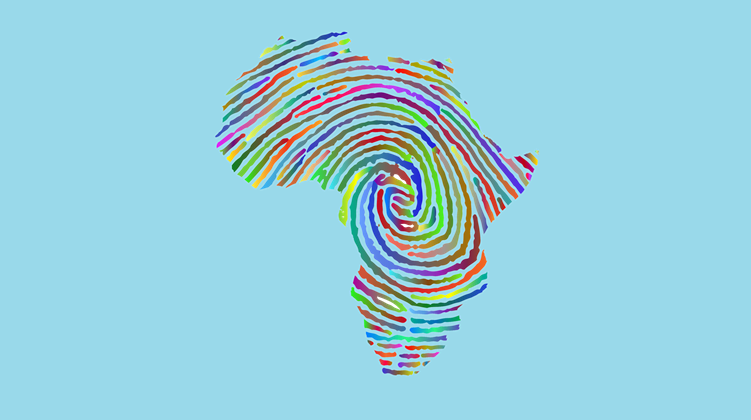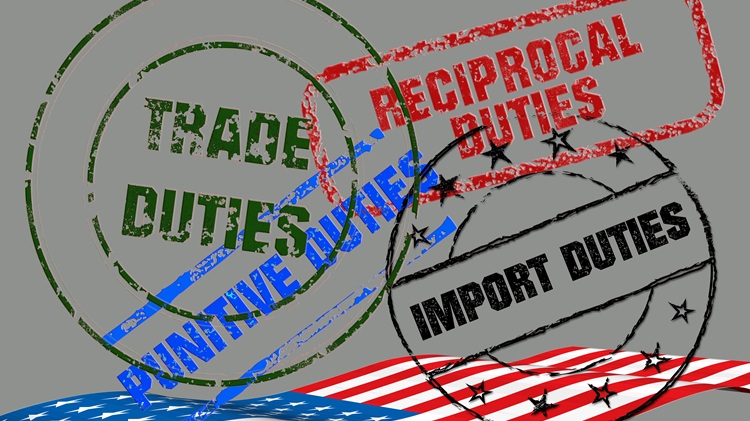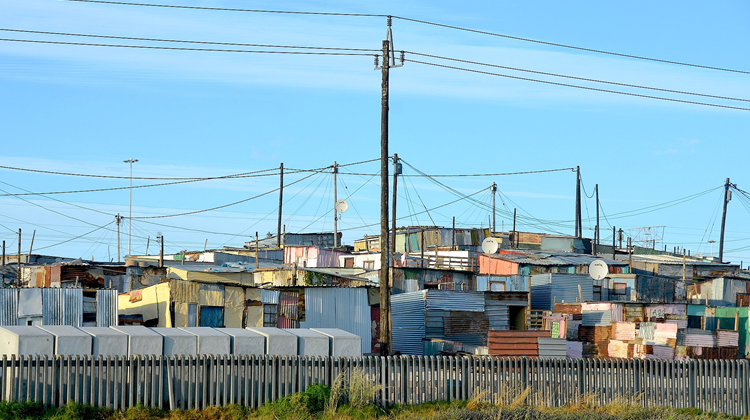Climate security in Africa: the imperative for COP28
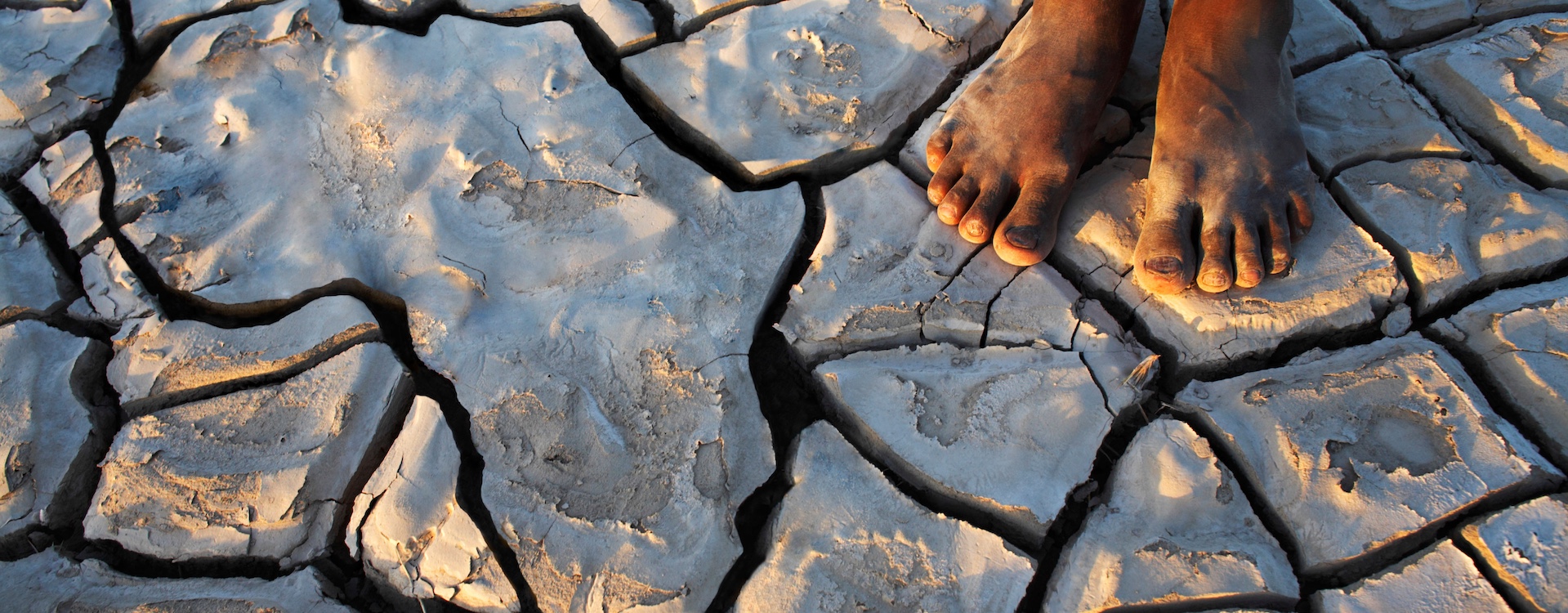
International cooperation and tailored solutions can help empower African nations to tackle the complex issues arising from climate change, conflict, and fragility.
The climate crisis is one of the most pressing issues confronting Africa and the world. Africa has already seen an increase in average temperatures by 1.5°C since 1990, and this is expected to worsen over the decades unless sufficient climate adaptation strategies are implemented.
In many countries, climate risks will be further exacerbated by the impact of conflict. Despite contributing only 3% to greenhouse gas emissions, Africa suffers from an inequitable burden of the detrimental consequences of these emissions. Africa has the lowest level of resilience to climate change, experiencing considerable susceptibility to its impacts and exhibiting limited preparedness to adapt to climate-related shocks.
Africa’s fragile states, from the Lake Chad Basin to South Sudan and Ethiopia, are the most prone to environmental shocks, such as droughts and floods, in the world. These have led to food insecurity issues and an increasing refugee crisis, not to mention their impact on women and children. Natural disasters affect three times more people in fragile states than in other nations each year, says the International Monetary Fund (IMF), and their migration rate is double compared to less fragile states.
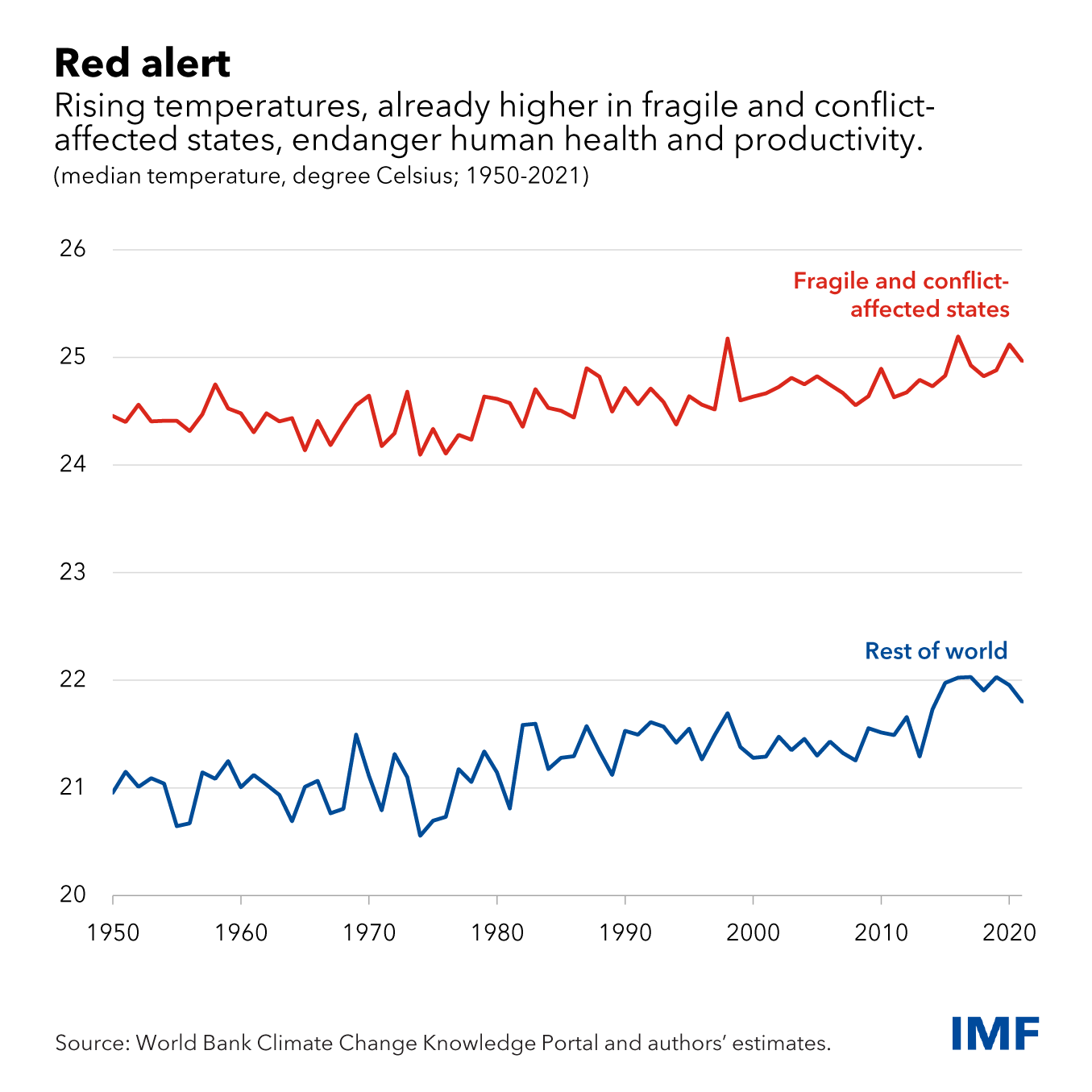
Climate security is not just about environmental concerns, but also human security and regional and international stability
The 28th meeting of the Conference of the Parties (COP28) to the United Nations (UN) Framework Convention on Climate Change will take place in the United Arab Emirates (UAE) in December. This will be amid increasing temperatures and climate impacts felt in unprecedented wildfires, floods, storms, and droughts worldwide.
Earlier in the year, UAE Minister of Climate Change and Environment Mariam Al Mheiri announced that for the first time in the history of COPs, COP28 would have a thematic day on humanitarian relief, disaster risk reduction, and peace. This is critical at this time, especially for Africa, while the focus on climate and conflict at COP28 could give a voice to fragile African countries that have been ignored in previous meetings. This is a positive step towards conflict-sensitive climate finance to help those most affected in fragile and conflict-affected states.
Over the years, we have seen the devastating impact of conflict across the continent and its security implications. COP28 presents a pivotal opportunity for African nations to address their climate security concerns and for world leaders to develop ways to support fragile states.
Climate security is increasingly becoming a huge issue in Africa that requires immediate attention. Like many other developing countries worldwide, African states face the challenge of balancing their ambitions towards economic development and adapting to climate change. The lack of resources, human vulnerabilities, weak institutions, and conflicting priorities often complicate this. As a result, climate change becomes a security issue as it causes conflict over resources and contributes to instability.
Despite contributing only 3% to greenhouse gas emissions, Africa suffers from an inequitable burden of the detrimental consequences of these emissions
With an increasing focus on loss and damage from climate change, COP28 can provide much-needed financial support to support fragile states in their climate adaptation and mitigation efforts. These financial commitments from developing countries can help strengthen weak institutions and build capacity and resilience.
The nexus between climate change and conflict is of increasing political concern. In 2019, for instance, climate change was recognised as a threat multiplier by the UN Secretary-General for Political and Peacebuilding Affairs, Rosemary DiCarlo, who said: ‘The risks associated with climate‐related disasters do not represent a scenario of some distant future. They are already a reality for millions of people around the globe – and they are not going away.’
Humanitarian crises in the Lake Chad Basin, Darfur, and others have shown the increasing role of climate change in intensifying conflict, directly or indirectly. Due to climate change, natural resources like water and land are in shorter supply and, in certain circumstances, depreciate in quality. Such resources are essential for survival, and due to population growth, the scramble for limited resources often leads to conflicts. COP28 presents an opportunity for stakeholders to emphasise the role of climate security in peacebuilding efforts, helping to reduce conflicts driven by resource scarcity.
By 2050, up to 25% of Africa’s population, which is anticipated to be around two billion, could be displaced as a direct consequence of climate change. This mass displacement of people comes with significant challenges and can lead to insecurity. Increased pressure on limited resources in the resettlement area can lead to conflict, and food and other insecurity. This forced displacement can trigger conflict and unnecessary tension. COP28 should address some of these challenges often associated with climate-induced migration and develop better mechanisms to support host communities and displaced individuals.
African states face the challenge of balancing their ambitions towards economic development and adapting to climate change
Many fragile states depend heavily on agriculture. In Africa, 20% of people face chronic hunger, which equals one-fifth of the population, and climate change contributes to these figures. This situation threatens the community’s wellbeing, and insecurity breeds fertile ground for radicalisation and violent extremism, as seen across Lake Chad and different regions. This issue highlights the need for regional cooperation and adopting climate-resilient agricultural practices and technologies to ensure food security.
COP28 can promote regional cooperation among fragile states that, most of the time, share borders. Such cooperation will support the states to manage their resources better and reduce the potential of conflict from climate-induced scarcity.
Holistic and integrated measures are necessary to address the challenges to peace and security caused by environmental shocks. COP28 presents an opportunity to negotiate deserving support for fragile African states to mitigate and adapt to climate change while safeguarding their security and stability.
In the lead-up to COP28, it is crucial to remember that climate security is not just about environmental concerns, but also human security and regional and international stability. It is essential to consider the implications of climate change through an intersectional lens to provide the support that these fragile states need to adapt to the severe effects of climate change.
The international community needs to step up its support and empower fragile African states to adjust to extreme weather events. Failure to do so might lead to even more catastrophic consequences.
Image © Jack Maguire / Alamy Stock Photo


